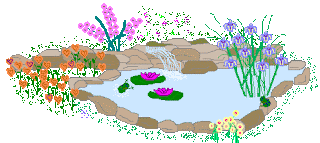How To
Plant Your
Garden
First, you Come to the garden alone, while the dew is still on the roses.
First, you Come to the garden alone, while the dew is still on the roses.
FOR
THE GARDEN OF
YOUR DAILY
LIVING,
PLANT THREE ROWS OF PEAS:
PLANT THREE ROWS OF PEAS:
1. Peace of
mind
2. Peace of
heart
3. Peace of
soul
PLANT FOUR ROWS OF SQUASH:
PLANT FOUR ROWS OF SQUASH:
1. Squash
gossip
2. Squash indifference
3. Squash grumbling
4. Squash selfishness
PLANT FOUR ROWS OF LETTUCE:
2. Squash indifference
3. Squash grumbling
4. Squash selfishness
PLANT FOUR ROWS OF LETTUCE:

1. Lettuce be faithful
2. Lettuce be kind
3. Lettuce be patient
4. Lettuce really love one another
NO GARDEN IS WITHOUT TURNIPS:
2. Turnip
for service
3. Turnip to
help one
another
WATER FREELY WITH PATIENCE AND CULTIVATE WITH LOVE. THERE IS MUCH FRUIT IN YOUR GARDEN BECAUSE YOU REAP WHAT YOU SOW.












